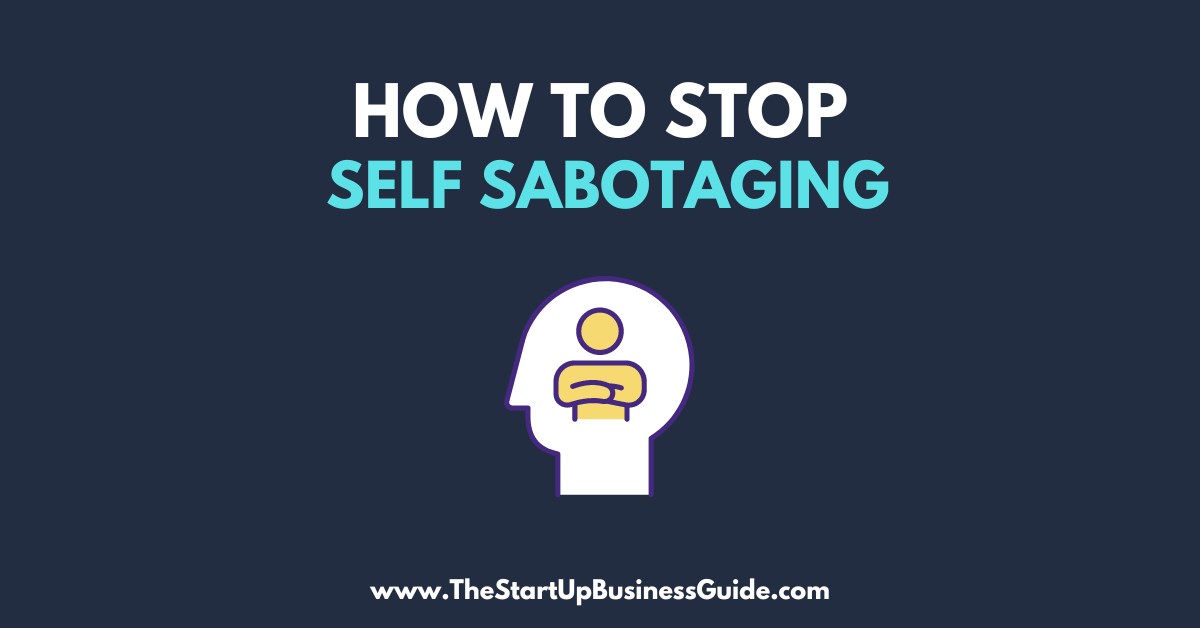How to Stop Self Sabotaging

Self-sabotage is a common problem that many individuals face.
It is the act of unconsciously or consciously hindering one’s own success or goals.
This can manifest in various ways, such as procrastination, self-doubt, or making poor decisions.
Addressing self-sabotage is crucial for achieving personal and professional success.
It can prevent individuals from reaching their full potential and achieving their goals.
In this article we will discuss the common causes of self-sabotage, how to identify the specific cause, and strategies for overcoming it.
Identifying the cause of self-sabotage
Self-sabotage can have many underlying causes.
Some of the common causes include low self-esteem, fear of failure, and negative thought patterns.
Additionally, past experiences and traumas can also contribute to self-sabotage.
To identify the specific cause of your self-sabotage, it is important to reflect on past experiences and patterns in your behavior.
Consider any negative thought patterns or beliefs you may have about yourself.
Additionally, it may be helpful to seek guidance from a therapist or counselor who can provide further insight and support.
Reframing negative thoughts and beliefs
Negative thoughts and beliefs can greatly contribute to self-sabotage.
These negative thoughts and beliefs can manifest in the form of self-doubt, limiting beliefs, and negative self-talk.
To challenge and reframe these negative thoughts and beliefs, it is important to become aware of them and to question their validity.
One effective technique is to use positive affirmations to counteract negative thoughts.
Additionally, cognitive behavioral therapy can also be helpful in identifying and changing negative thought patterns.
Setting clear and achievable goals
Setting clear and achievable goals is crucial in addressing self-sabotage.
When individuals do not have a clear direction or sense of purpose, they are more likely to engage in self-sabotaging behavior.
To set effective and achievable goals, it is important to be specific and to break down larger goals into smaller, manageable steps.
Additionally, setting realistic timelines and regularly reviewing progress can help keep individuals on track.
Managing stress and anxiety
Stress and anxiety can also contribute to self-sabotage. When individuals are under a significant amount of stress, they may engage in self-sabotaging behavior as a way to cope.
To manage stress and anxiety, it is important to develop healthy coping mechanisms such as exercise, meditation, and journaling. Additionally, seeking support from friends, family, or a therapist can also be beneficial.
Conclusion
Self-sabotage can be a challenging problem to overcome, but with the right tools and strategies, it is possible.
Individuals can take steps towards overcoming self-sabotage by identifying the cause of self-sabotage, reframing negative thoughts and beliefs, setting clear and achievable goals, and managing stress and anxiety.
Remember that self-sabotage is a process and change takes time so be kind to yourself and keep going.
Keep in mind that you are capable of reaching your goals and achieving success.






